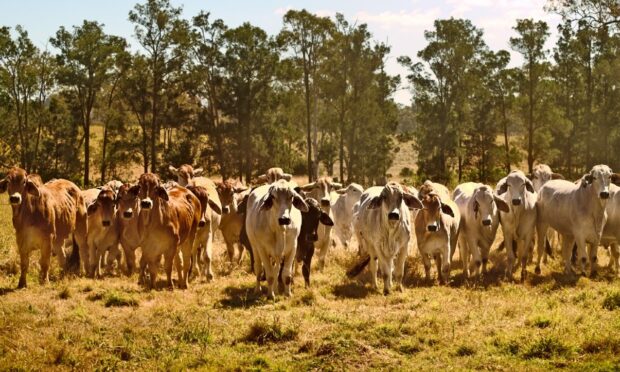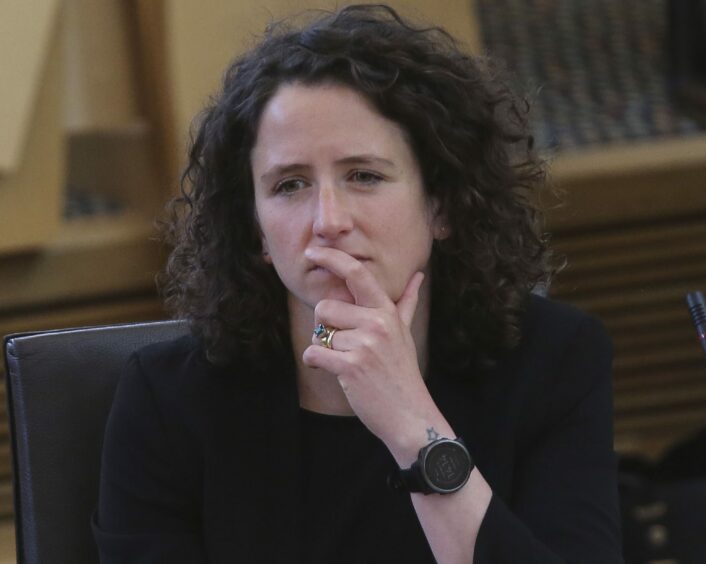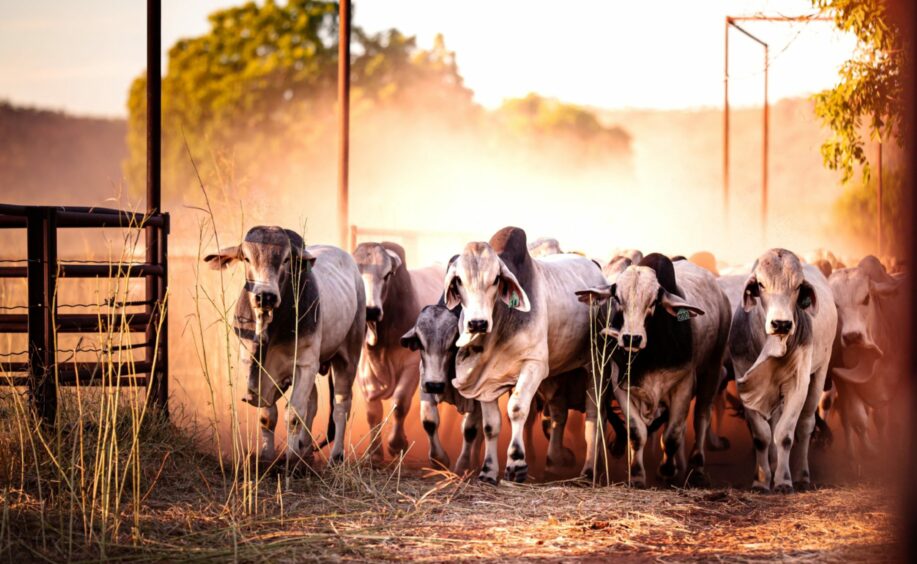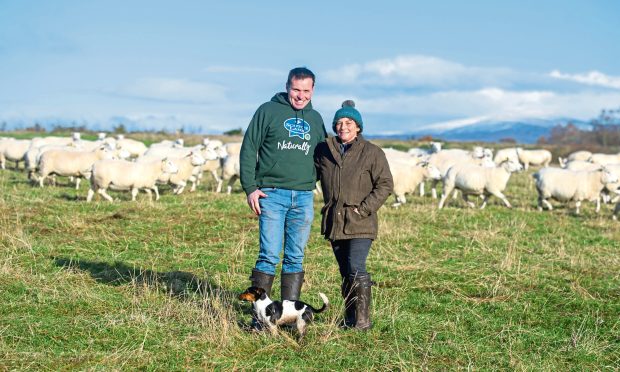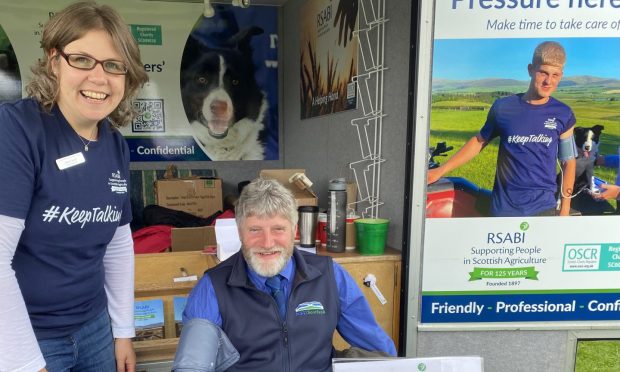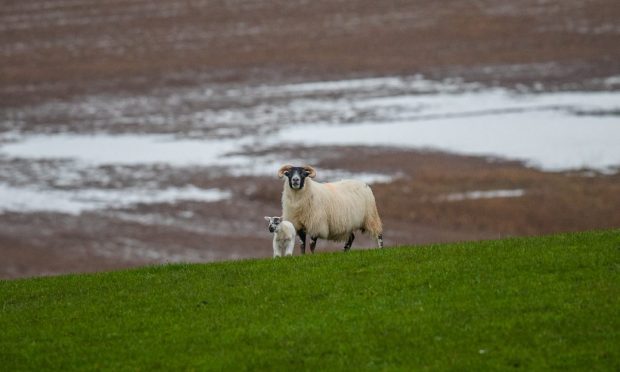Rural affairs ministers from Scotland and Northern Ireland have written to the UK Government with concerns about the Australia trade deal.
In a joint letter to International Trade Secretary Liz Truss, the two administrations say the deal risks having a disproportionate impact on domestic farmers and producers.
The Scottish Government’s Rural Affairs Secretary Mairi Gougeon and her Northern Ireland Executive counterpart are seeking further clarity on the deal at a meeting with Defra officials.
The letter says: “We have previously stressed to you, and remain extremely concerned following the recent announcement, that the UK Government is signing up to a deal that would lead to a sustained increase in imports of Australian agri-food and produced to lesser standards in relation to animal welfare and future environmental commitments.
“As you know, agriculture and food standards are devolved responsibilities. We have been clear that where there is an increase in imports of Australian agri-food, this must be managed by tariff rate quotas that are not eroded over time. We are also concerned by the size of the quotas which after 15 years equate to 16% of UK beef consumption and 49% of UK sheepmeat consumption.
“Clearly if Australian exports reach anything close to these levels, we can expect a very significant negative impact on our agri-food sector. We are not reassured about claims that Australia will not be exporting significant amounts of beef to the UK or is seeking to replace imports from other countries.”
They say domestic producers will still be at a disadvantage despite a non-regression clause on animal welfare standards.
A UK Government spokeswoman said: “The Government has always been clear that any deal would include protections for sensitive UK agriculture.
“Trade deals like the one agreed in principle with Australia will pave the way for us to access regional trading blocs like CPTPP (the Comprehensive and Progressive Agreement for Trans-Pacific Partnership) and we will continue to work with the farming industry, as well as the Scottish Government and the Northern Ireland Executive, to help our farmers take advantage of these dynamic markets.”
